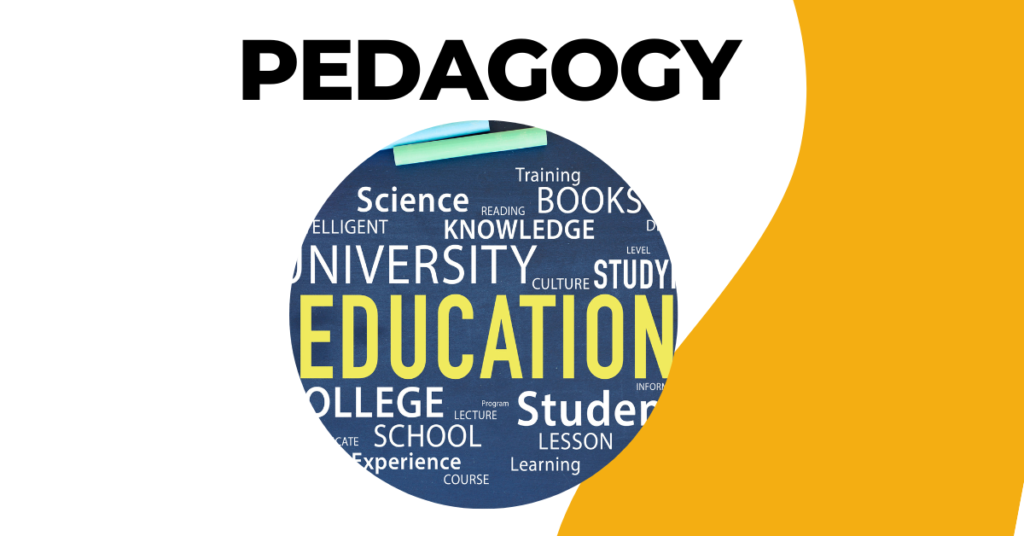The Nature of Intelligence
Have you ever heard of someone who graduated from a university at the young age of 18? Do you think that that person is a genius? Do you think that after graduating from the university at a young age, that person will be successful? Is intelligence a measuring tool to determine one’s success in life?
These are some of the questions that might arise whenever we touch on intelligence.
Witmer described intelligence in a straightforward and comprehensible way. He stated that “intelligence is the ability to solve a new problem. An unsurmounted difficulty is a new problem so long as its solution is unknown” (1922). Witmer’s definition demystifies what intelligence really is. Most of us believe that an intelligent person is solely good at numbers, has a sharp memory, and is an eloquent speaker. The simplicity of his definition of intelligence opens up a new perspective that intelligence is simply the application of what we have learned. Through knowledge accumulated over time, an intelligent person, no matter how complex the problem or situation is, will always find a way to solve it.
According to Witler, the result of intelligence tests become significant only when analyzed and interpreted about a particular set of antecedent conditions and attending circumstances (1922). This implies that although intelligence can be measured, there is no assurance that it covers all aspects of intelligence. Witler further elaborated that intelligence should not be measured and observed. Instead, we monitor performance and measure its effects.
An intelligent person is not just academically-inclined but someone who can use newly found skills in certain situations and possesses other non-academic types of intelligence or talents such as intrapersonal and interpersonal skills, which are vital factors for success in a variety of fields.
What is the relationship between learning and intelligence?
There is a fine line between learning and intelligence. Intelligence can be a tool that can maximize learning, whereas learning refers implicitly to the ability to learn. An intelligent person, let’s say, someone who is mathematically competent, can easily comprehend formulas and apply them in solving mathematical problems. In this sense, intelligence becomes a driving factor to absorb more information with less difficulty. On the other hand, an average person dedicated to learning can also achieve a similar outcome but might be spending more time absorbing newly formed information.
Witmer, L. (1922). What Is Intelligence and Who Has It? The Scientific Monthly, 15(1), 57–67. http://www.jstor.org/stable/6258
Latest posts




Recent comments